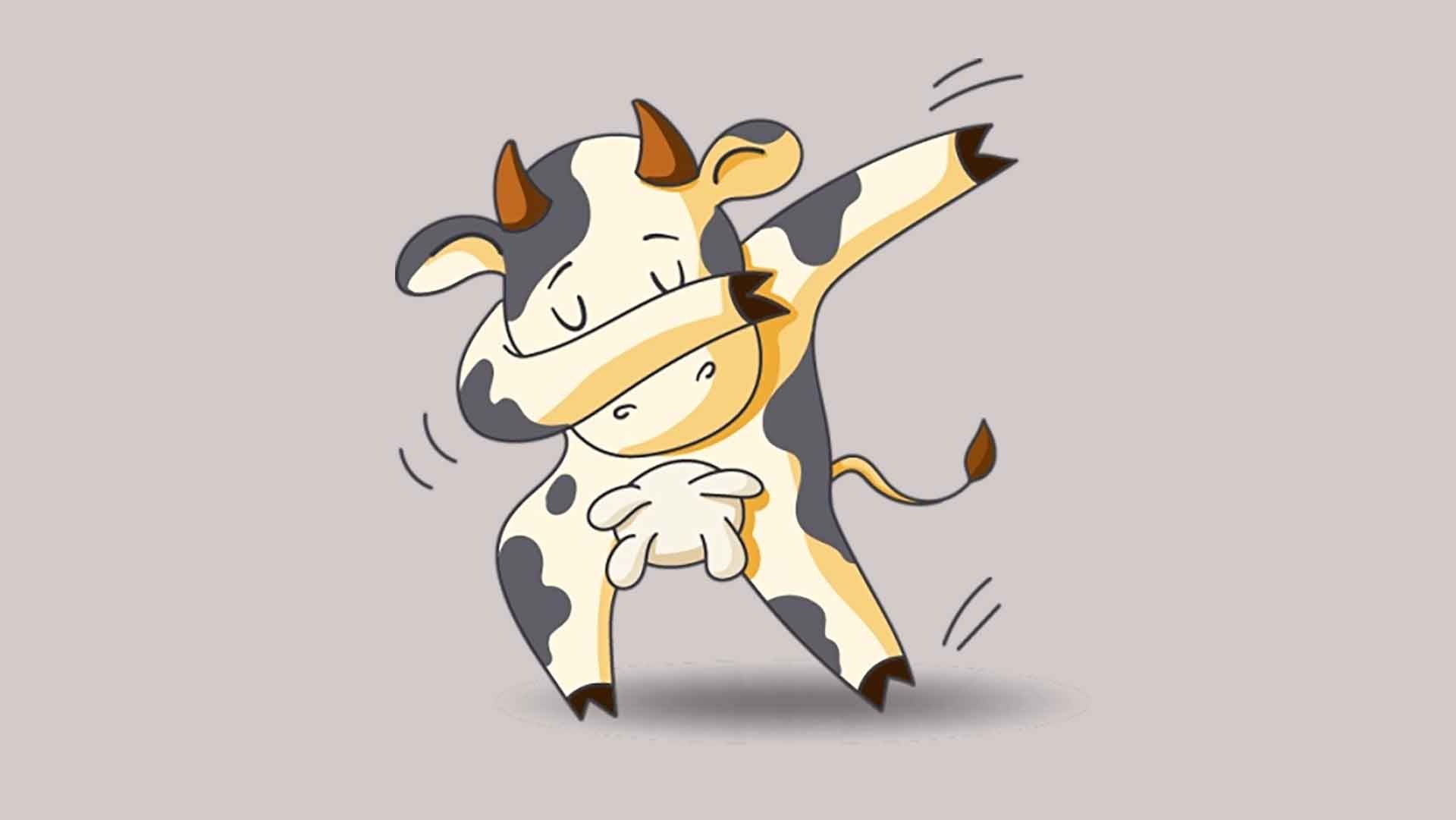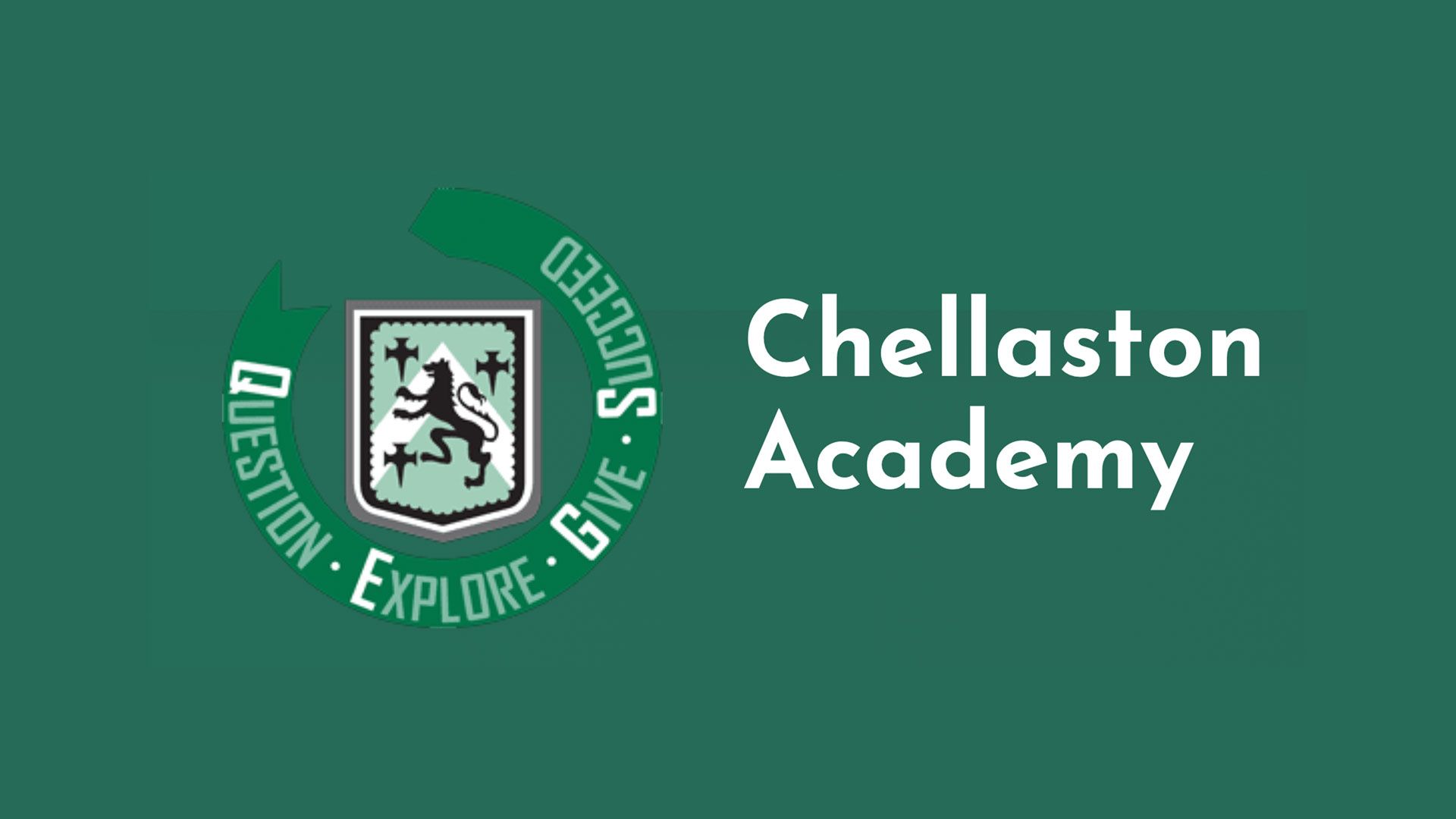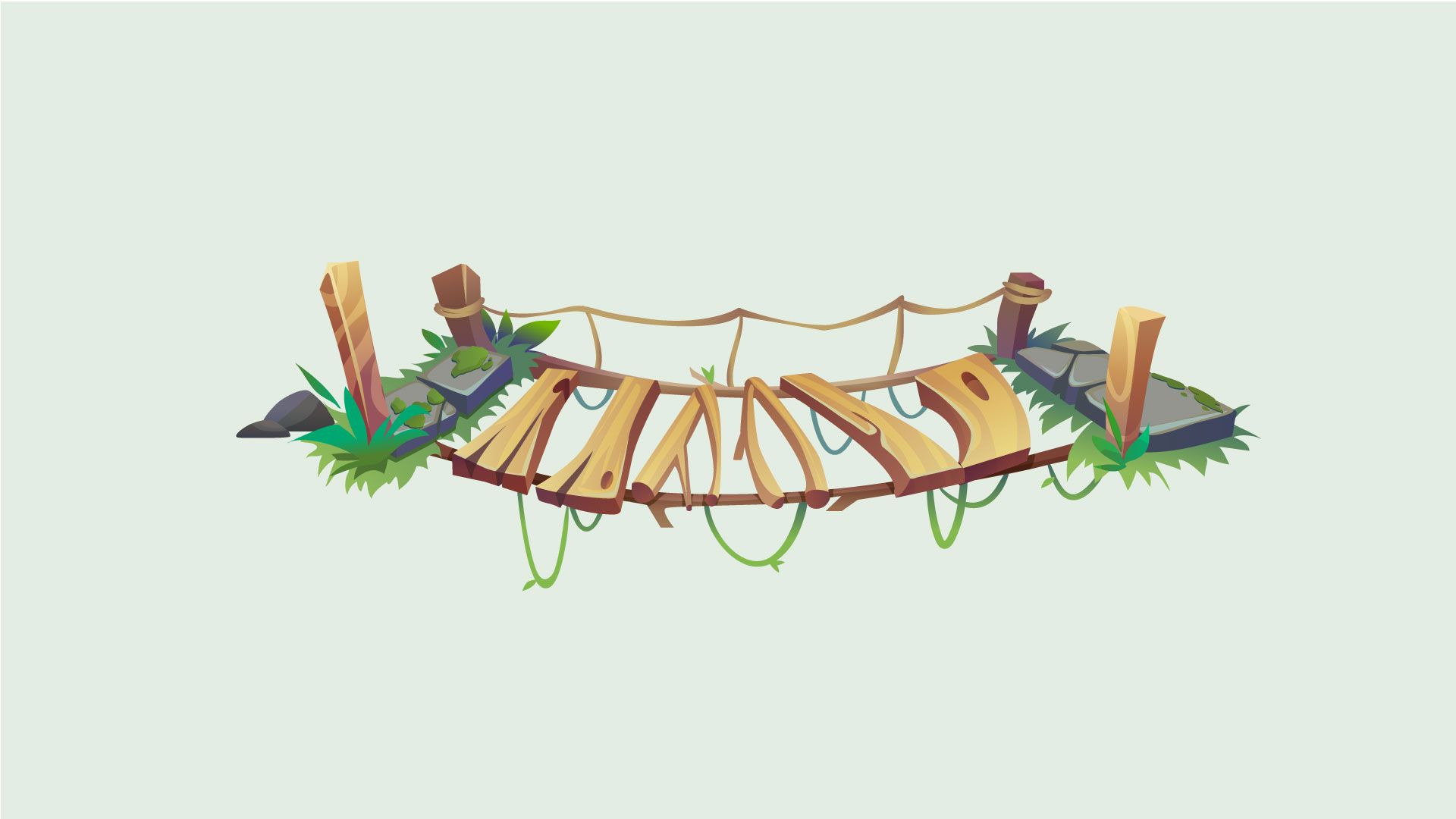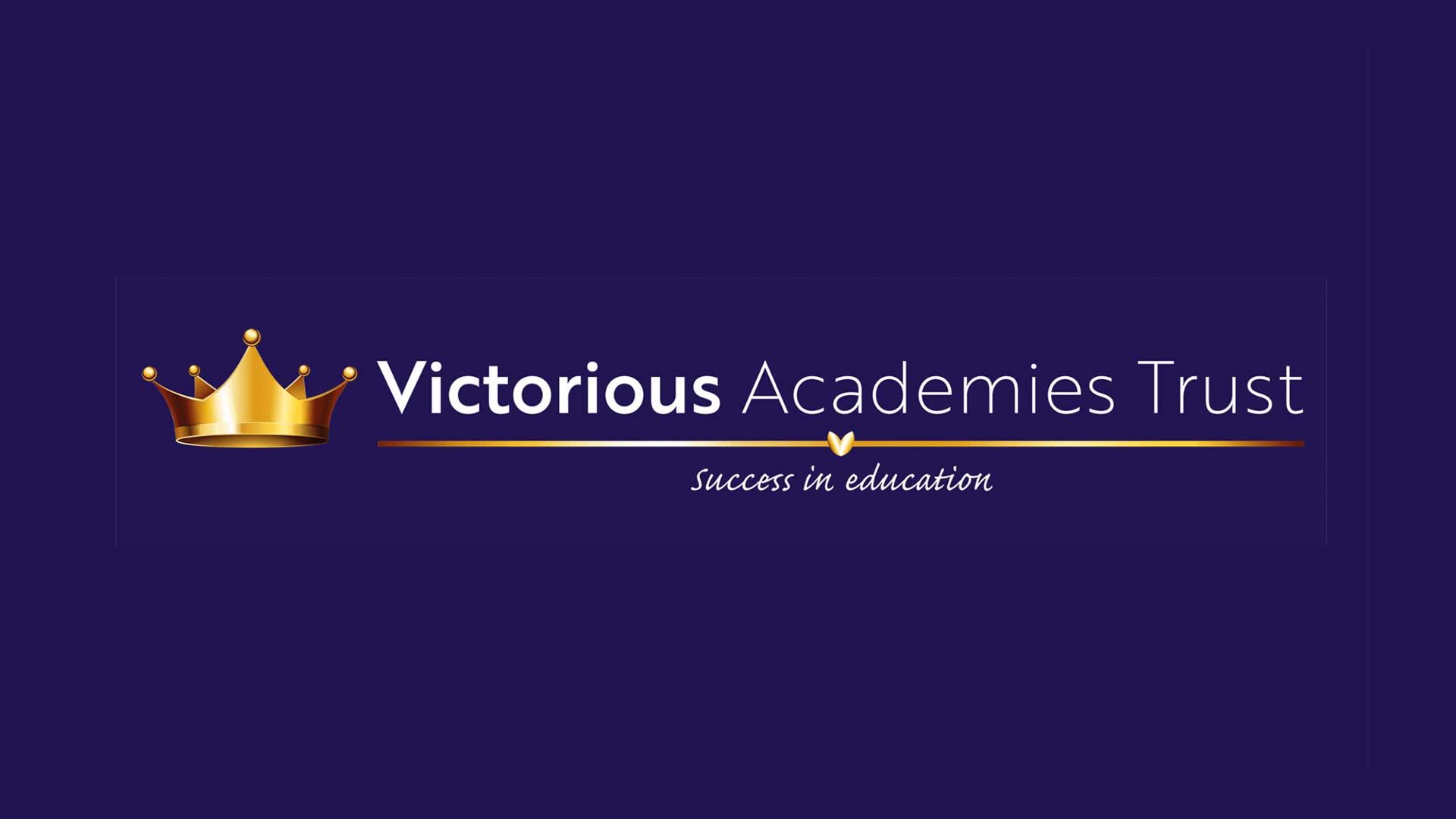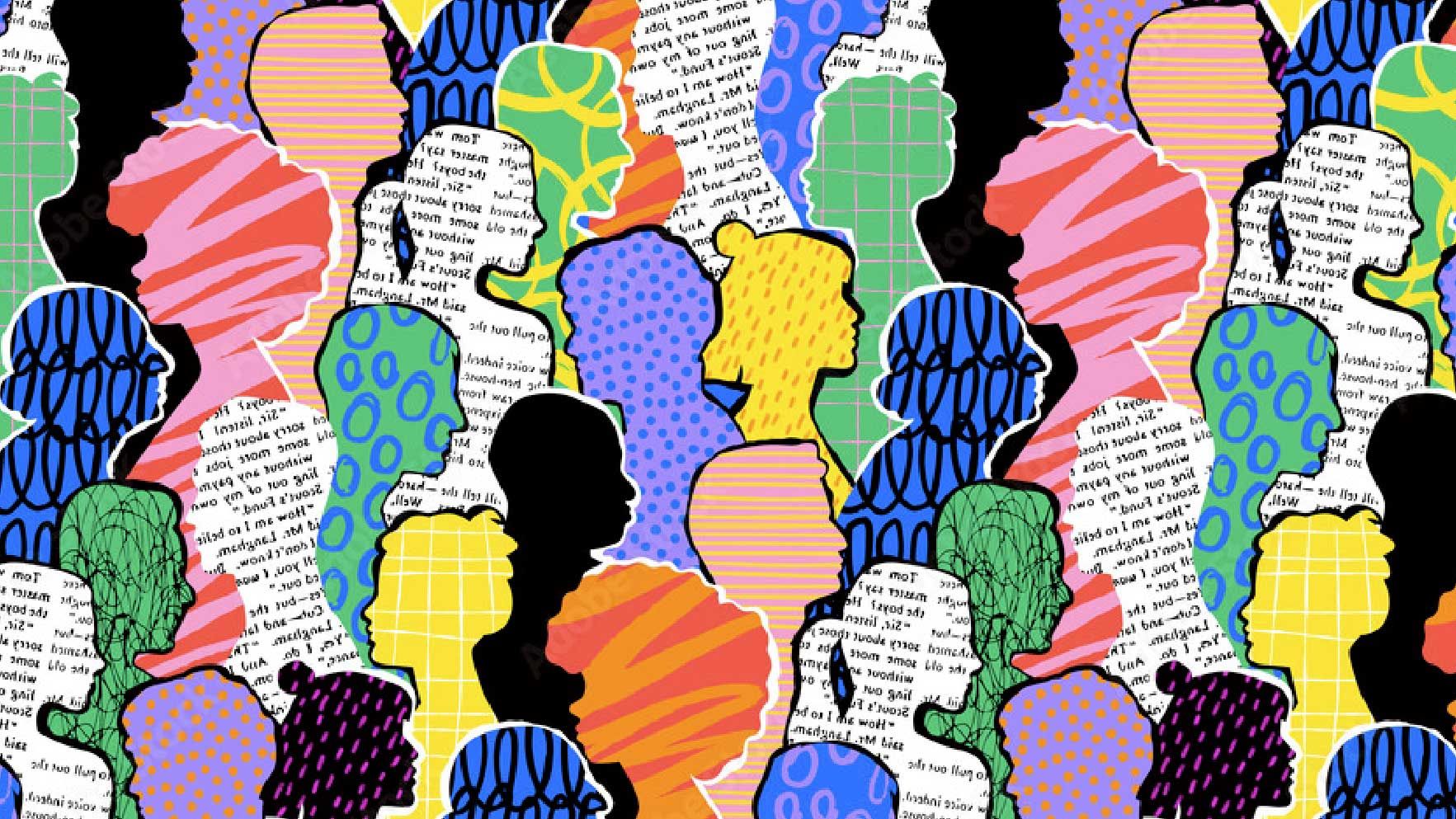5 lessons Stranger Things can teach you about creating a happy classroom

Last week, the season 4 finale of Stranger Things broke Netflix. A little like Kim Kardashian did in 2014 when she ‘broke the internet’ but without the help of Photoshop and some baby oil.
This latest season of the sci-fi series has undoubtedly been its most popular, helping it surpass Bridgerton as the most-watched series in Netflix history. With some powerful themes - as well as a new villain to keep us up at night - it got the Laughology team thinking about what the residents of Hawkins have taught us these past few weeks.
And as it turns out, they’ve taught us quite a lot, including some valuable lessons on what it takes to create a happy classroom.
So if you’re ready, let’s dive in.*
* The following contains spoilers for Season 4 of Stranger Things - so if you haven’t watched it yet, don’t yell at us. You’ll just make us cry…
Lesson 1: Teamwork makes the dream work
Creating a happy classroom starts with establishing an environment that celebrates teamwork. When faced with Vecna, the kids from Hawkins pulled together as a team to defeat him. They had each other’s backs and communication was clear.
When Steve, Nancy, Robin, Lucas and Max entered Creel House with a plan, everyone knew the part they had to play. They had a unified goal and each person’s part in that goal was clear. There was a system and everyone knew what it was - even Lucas’ sister, Erica, knew the score as she hid in the playground with her torch.
When it comes to your classroom, knowing everyone’s roles and responsibilities - as well as boundaries - is imperative to keeping happiness levels high. If communication isn’t clear, the children will struggle to build those positive relationships and respect those boundaries.
Ask the children what they think a happy classroom looks like. If someone new walked in or even another teacher, how would they know it’s a happy place to be? Talk about it - get it clear in everyone’s heads, so they know what they’re working towards.
Imagine you’re Erica, flashing that torchlight, reminding everyone of what’s been agreed and clearly signalling if/when things need to change.
Lesson 2: Resilience needs practice
Developing resilience and coping skills is an important part of creating a happy classroom. Yes, the kids in Hawkins have these by the bucketload - Will communicating with his mother via Christmas lights in season 1 is a testament to that.
But dare we say that Vecna shows resilience too? He’s pretty determined to take down Hawkins and despite all that's happened to him in his journey from being 001 to being Vecna, he shows resilience on a consistent basis. And his plans make him happy - albeit in a rather serial killer-type of way.
Life will throw challenges at you whatever your age - and whether you’re wearing a latex suit or not. But it’s how you respond to adversity that matters. Teaching children the coping skills they need will only stand them in good stead for the rest of their lives - particularly as they navigate the tricky world of young adulthood.
Children who have strategies to cope with challenges are happier. They have tools to use when times get tough and, most importantly, they’re confident to use them.
Lesson 3: Creativity and problem-solving win
There’s nothing like being trapped in a remote Russian prison to test one’s resilience and mindset skills. Hopper hasn’t got much going for him at the start of the series - he’s stuck in a prison with no logical means of escape. But he has one thing - a creative, problem-solving brain.
It’s this creativity that drives his plans to escape - and to send that parcel to Joyce. Even the Russian prison guard, Dimitri, has his doubts, betting him 100:1 he won’t survive. Hopper’s chances of success are small, yet he doesn’t let that stop him. Even when he has to break back into the prison, he continues to be creative in his solutions.
So how does that make for a happy classroom? When problem-solving and creativity take centre stage, children feel confident to take risks and try new things. A growth mindset becomes the more obvious route, rather than feeling that abilities are fixed. Only when children - and the adults in the classroom - get comfortable with making mistakes can true learning take place.
Be adaptable, change your approach - and who knows, just like Eleven, you might find the answer lies in filling a chest freezer with salt water and teaching long division via telepathy?
Lesson 4: Learn to be confident
Oh, Eddie.
Eddie, Eddie, Eddie.
Quite the character arc if ever we saw one. From someone who always ran away from challenges and problems, to someone who finally found the confidence to stand up to the situation and face it head-on, Eddie became everyone’s hero in the season finale.
Building children’s confidence is an essential skill for creating a happy classroom. It’s so important in fact that it’s one of our happiness themes in our Happy-Centred School Programme. But it’s important to emphasise that it’s just that… a skill. It’s not something you’re born with.
Teaching children to feel more confident when facing challenges - be it a maths test, making new friends, or trying swimming for the first time - is a skill they can take forward to make them more confident young people. Which, in turn, makes them more confident adults.
It’s unlikely they’ll be facing Vecna’s vampiric bats any time soon, but let that just be a metaphor for facing your fears - and playing Master of Puppets like a boss.
Lesson 5: You can only control what’s in your control
As the season finale credits loomed, our fearless bunch faced an uncertain future. A storm cloud hung over Hawkins with suspiciously Vecna-coloured lightning flashing within it. Quite the cliff-hanger. Their battle isn’t over.
But just as the teens in Hawkins still have a battle on their hands, it’s a worthwhile reminder that we can only control what we can control. Hawkins can’t control what Vecna will do next, just like we can’t control global pandemics, Ofsted inspectors, or grumpy parents. But learning to manage our responses to these situations is what matters most.
Just like any of the happiness themes, it’s a skill. You - and the children - have to work on this concept every day. Some will find it easier than others. It’s one of the reasons we developed our FLIP-it workshop for children, to give them the tools they need to do this successfully so they feel happier. And the adults will learn something too!
So if you want some support to FLIP your thinking or to help with establishing a growth mindset in your classroom, why not contact
More



